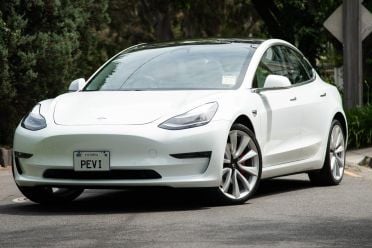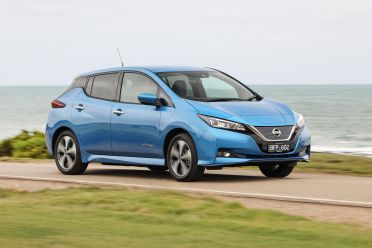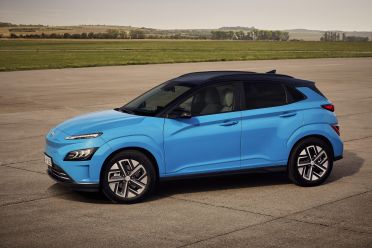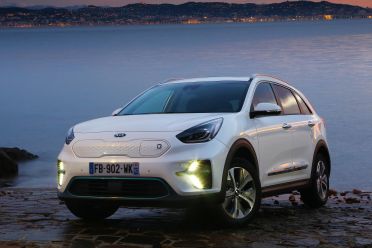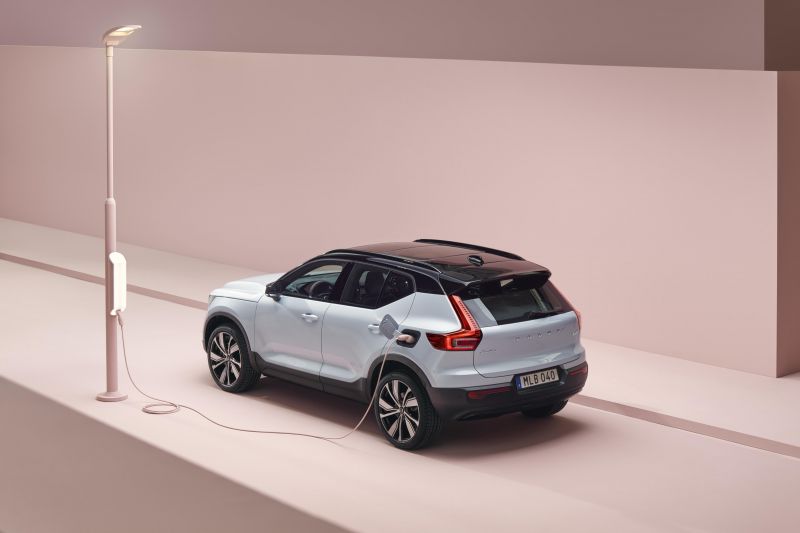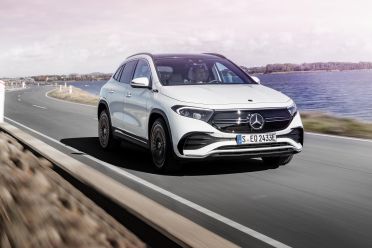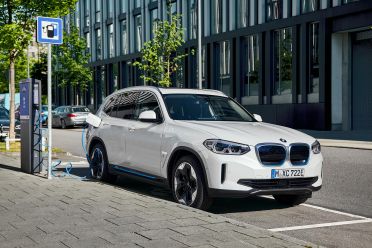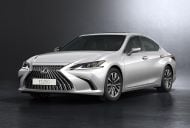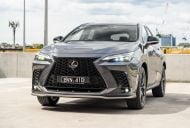New South Wales’ Transport Minister doesn’t want his state immediately following in the footsteps of Victoria with an electric vehicle mileage tax.
The Sydney Morning Herald reports Andrew Constance has instead proposed a range of incentives for EV ownership.
These include subsidised car parks with charging stations, as well as the use of transit lanes and the waiving of stamp duty.
The minister also proposed his state should have a “drop-dead date” for sales of new internal-combustion engine vehicles, and that fleets across all levels of government should purchase more EVs to help the used car market down the line.
He suggested an investment in EV infrastructure would help spur uptake and create new jobs, while vocational education would need to have a greater focus on EV servicing and repair.
Mr Constance and Treasurer Dominic Perrottet have also suggested the Australian Government increase the threshold of the Luxury Car Tax from $77,000 to $90,000 for electric vehicles.
Mr Perrottet has indicated his state’s budget this June would include a future EV tax, however Mr Constance has cautioned against implementing it too soon.
“What we will do is make ourselves the laughing stock of the world,” Mr Constance told The Sydney Morning Herald about implementing a tax too soon.
“The rest of the world will have moved to full manufacturing of electric vehicles and here we are sort of struggling
“We can’t just go down this path of ‘oh we’re going to lose fuel excise, let’s put in a road-user charge,’ no, we urgently need scale and therefore we need to have the market change and that comes back to basic economics really.”
Instead, Mr Constance has suggested a distance-based tax should be implemented four or five years from now, or at the point EVs account for 40 to 50 per cent of the car market.
Australian states and territories like Victoria and South Australia have been proposing EV taxes as revenue from the federal fuel excise levy decreases.
The minister specifically criticised Victoria’s approach to EV taxation.
It has been proposed that from July 1, Victorian residents who own an EV or plug-in hybrid vehicle will be hit with a road-user charge based on distance travelled.
The proposal, which is yet to pass Victorian State Parliament, is to charge 2.5 cents per kilometre for battery and hydrogen fuel-cell electric vehicles, and 2 cents per km for PHEVs. Regular hybrids would not be included.
To partially offset this the government has proposed a $100 discount on annual registration for these cars.
“The average distance travelled for light passenger vehicles in Victoria is approximately 13,100km a year so, on average, electric vehicle owners could expect to pay an additional $330 a year and plug-in hybrid-electric vehicles owners could incur an additional $260 a year,” Vicroads says on its FAQ site.
EV and PHEV owners under this model would need to give VicRoads an odometer reading, at which point a bill would be automatically generated. It’s designed to be payable quarterly, semi-annually, or annually.
A prominent list of 25 automakers, charging infrastructure providers, ride-hailing firms, and environment groups have co-signed an open letter slamming the Victorian ALP government’s planned long-term-focused EV mileage tax as “the worst EV policy in the world”.
Promoted by the Electric Vehicle Council, the open letter’s signatories include Hyundai, Volkswagen and Uber.
The Electric Vehicle Council, like the NSW Transport Minister, isn’t opposed to “smart road user charges” but believes these shouldn’t be implemented until EVs have a much larger share of the market.

